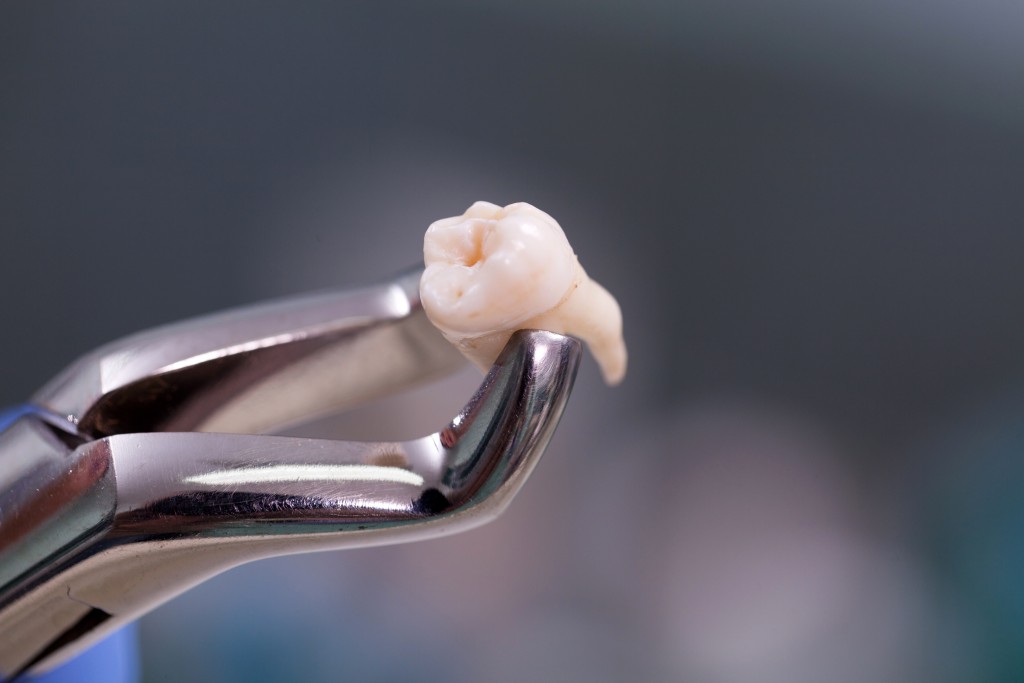There is a common belief that once you’re a young adult, you’ll need to get your wisdom teeth pulled out since it might cause your other teeth to buckle and misalign. While it’s true that it’s a necessary process, there are varying reasons why you’ll need to get a tooth extraction. Tooth decay, infections, and even permanent damage from injuries are just some of the reasons that it’s such a necessary process.
But let’s say it’s another typical sunny day, and you’re getting a routine check from your dentist. They tell you that a tooth needs to be pulled out. You’re might be surprised since you don’t recall eating a lot of sugary treats during your early teenage years, and you’ve always been brushing your teeth. Not to mention, you don’t feel any pain on your teeth, which is usually the most significant sign that it needs to be pulled out. So why is the procedure required?
If you have some anxiety about whether your tooth needs to be pulled out, you don’t have to worry. Medical practitioners, such as dentists and periodontists, consider a lot of factors that revolve around tooth extraction. For example, if an affected tooth can be saved, then they will take the necessary measures to do so.
Transparency Is Key
Right before a tooth extraction, it’s paramount to let your dentist or periodontist know ahead if you have taken any form of medication. While some medications might help with the operation, some drugs might cause problems with bleeding and your jaw’s bone structure.
Tooth extraction can be a delicate process, so it is always imperative that you are transparent with your dentist or periodontist if you have any pre-existing conditions.
Factors That Make It Necessary
Several factors make a tooth extraction necessary. At some point in a young adult’s life, a wisdom tooth will pop out. Even when there are some cases when your tooth is not aching or damaged at all, tooth extraction is still essential. Sure, tooth decay and your gums might be major elements to consider, but there are other good reasons that this operation is required.
Teeth Overcrowding

Usually, wisdom teeth removal is needed if the teeth can’t push through the gums and naturally form in your mouth. Usually, if your jaw can’t accommodate space for that tooth, then extraction is often the best choice for teeth that have unusual angles or can impede your ability to eat.
Although certain rare conditions, such as hyperdontia, cause teeth to form behind or close to your main set of teeth. This condition is more common among men than women. Again, there’s no hurt to consult with your dentist regarding this matter to ensure that you take the necessary action.
Accidents
Humans require physical activities in their day-to-day schedule. You may experience ones that can be dangerous. Some examples are falling from the stairs, getting hit, and in some extreme cases, or experiencing a vehicular accident. These might cause some of your teeth to chip and break. If that is the case, then a tooth extraction might be the only choice if the tooth’s structure is beyond repair.
It’s best to keep in mind that a tooth extraction should be the last resort. If an affected tooth can be repaired, then it can be saved.
Severe Decay
While most medical practitioners would suggest getting a root canal to weed out infections in the pulp, tooth extraction might be considered if medications do not work on them. In other cases, gum disease might cause the roots of your tooth to become exposed, which eventually leads to extraction. Addressing root canal infections is a top priority among periodontists since it might spread to other parts of your teeth and gums.
Don’t worry. Severe decay can be avoided with proper dental hygiene and regular visits with your dentist.
Additionally, an infected tooth needs to be extracted in conjunction with operations that are not related to your teeth (such as an organ transplant or any type of surgery) since the immune system might become compromised in specific scenarios.
Now that you’re equipped with the necessary information, you won’t have to be nervous anymore when you’re going to the dentist. If you’re not sure about whether you’ll need a tooth extraction, you can always consult your periodontist regarding this matter. No worries because, as medical practitioners, they’re there to help you get a good set of teeth, no matter what happens. If a tooth can be saved, they will do what they can to do so.
